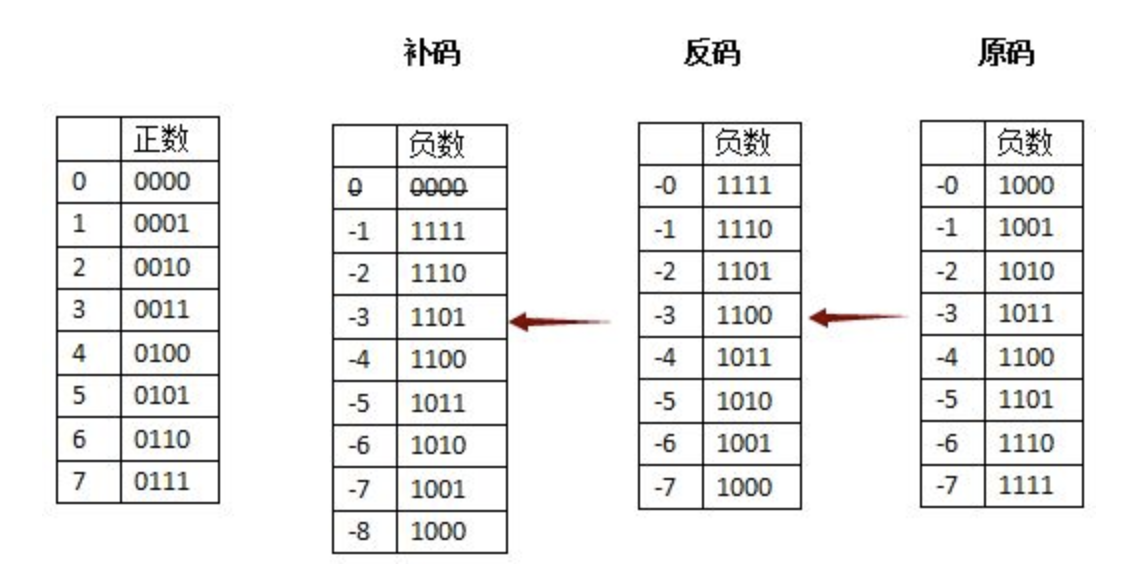CS110 Summary
Computer Architechture 一些homework和project总结。
当时不太会的东西, 但可能稍微久一点以后也不会了。
Homework2:
boundy case
边界条件应该积极与其他人交流,不是闭门造车,效率会好点
尽快确认正确性,排除正确性问题(quicksort的实现出了很多次错误)
有可用的算法参考,就使用。
测试应该手写case后尽快在合适的平台上测试(ubuntu),不应该嫌麻烦在macos上等死
尽可能复用函数,例如 doubll_item *head = list_head(list) ,减少重复实现代码造成的误差,也避免改动花费大量时间
quick_sort 交换指针尽量只交换其中数据,不交换指针本身
1
2
3
4
5
6
7
8
9
10
11
12
13
14
15
16//lo for lower index, hi for higher index
algorithm partition(A, lo, hi) is
pivot := A[hi]
i := lo - 1
for j := lo to hi - 1 do
if A[j] < pivot then
i := i + 1
swap A[i] with A[j]
swap A[i + 1] with A[hi]
return i + 1
algorithm quicksort(A, lo, hi) is
if lo < hi then
p := partition(A, lo, hi)
quicksort(A, lo, p - 1 )
quicksort(A, p + 1, hi)
补码反码

反码解决正负加减都用加法的问题
补码解决两个0(正负0)的问题
Project1.1
Horrible mistake during coding and no error messages raised:
int *num = malloc( sizeof(int) );
Caution: +1for\0
char* str = malloc( strlen(other_str) + 1 );
strtok() usage
Read token by token.
1
2
3
4
5
6
7
8
9
10
11
12FILE* input;
char buf[BUF_SIZE];
//read buf line by line
while(fgets(buf,sizeof(buf),input)){
//get token separated by IGNORE_CHARS
token=strtok(buf,IGNORE_CHARS);
//read until the line ends
while((token=strtok(NULL,IGNORE_CHARS))!=NULL){
}
}Strtok_r() 使用了外置的save_ptr, 解决一些concurrence
strtol() usage
translate str into long
1
2
3
4
5
6char *end;
const char *str;
res=strtol(str,&end,0);
//errno out of range
if(errno == ERANGE)return -1;sprintf()
translate number into str
1
2
3
4
5int num;
//malloc '+1' to contain '\0' string end
char *args=malloc(sizeof(num)+1);
sprintf(args,"%d",num);
Project3 optimization of k-means
不要想自己解决这个问题,应该先去找paper看看有没有更好的算法。
Openmp 优化:手动array reduction
1 |
|
Simd优化
1 | //翻intel 指令集找指令 |
Homework 7 C++ template and reference passing
Namespace and template/reference passing:
1 | namespace __Detail{ |
重载运算符
1 | //const type &it 表示一种c++语法糖,不复制参数,也不能修改传入参数 |
c++11 auto自动类型推断
1 | //使用type declare |
Project4 Shell implementation with c
Proj4 is a realization of shell program.
主要遇到的问题:
c中的string copy must be implemented with
strcmp()or it is not reliable since the=is manipulation of pointerThe copy of pointer will raise problem when editing the string but keep slient sometimes. The bug is somehow hard to find if you don’t realize this might be a reason.
fork()and shell machenismThe main thread need to be exsiting until the shell is shutdown,
execve()(or this series of syscall) will kill this thread after the function with no return. So we needfork()to make it a new thread run the command.But built-in command will be executed by main thread.
1
2
3
4
5
6
7
8
9
10
11
12
13
14
15if( isBuiltInCommand() ){
runCommand();
}else{
int childPid=fork();
if( childPid==0 ){
//这里需要处理pipe(多重命令)
execve(command);//This is the child thread to run this command
}else{
if(isBackgroundJob){
waidpid(childPid,NULL,0);
}else{
backgroundJobs[num++]=childPid;//store background job's pid to track
}
}
}Pipe and multi-pipe
(1) | (2) | (3)
先判断是头/尾,然后用pipe(),redirect stdin/stdout 到fd[1]/fd[2],把stdio传到下一个阶段。Really need patience to design.
Background jobs
Multithread wake-up/ kill syntax, need some caution.